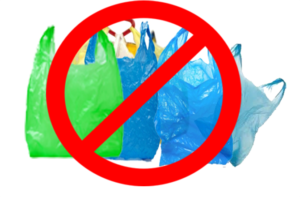Malaysians produce much plastic garbage on average, mainly in bags and food packaging. The nation’s residents generate four thousand metric tonnes of plastic waste daily. Most of that non-biodegradable trash winds up in landfills and pollutes streets, roadsides, trails, and beaches. In the absence of Malaysia taking action to reduce its plastic and other types of waste, numerous environmentalists around the nation have issued dire warnings. In Malaysia’s Federal Territories, traditional plastic bags have been outlawed in favour of biodegradable and compostable plastic bags and food containers as of September 2017.

As a result, food containers would cost roughly 30% higher in Kuala Lumpur, Putrajaya, and Labuan, while the price of plastic bags is anticipated to soar by three to six times. For instance, 100 medium petroleum-based plastic bags cost just RM5 (S$1.59), but the biodegradable variety costs RM15. The cost must be covered by the traders, who are not allowed to add fees for the eco-friendly packaging or to raise the price of their products to offset the higher cost. Under the Local Government Act of 1976, among other by-laws, Kuala Lumpur business owners who disobey the order would be subject to a maximum of RM1,000 compound.
Source: https://www.straitstimes.com/, https://cleanmalaysia.com/


